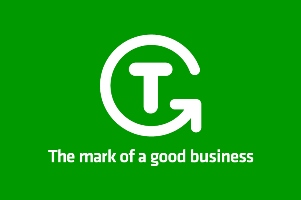
Tech-free Tuesdays: the business benefits of a no-email day
How many emails do you send on an average day at work? It’s estimated that around 269 billion emails are sent around the world every single day. That’s a staggering 2.4 million per second, with the average office worker receiving 121 emails in a day.
Emails have become the backbone of many of our work environments, allowing instant 24-hour communication across the globe – or across the office. But could you do without them?
Some companies have taken to closing down their Outlook inboxes for a whole day every week in a scheduled “no-email day”, aiming to encourage face-to-face and phone interaction instead.
The benefits
- It prevents miscommunication
As one employee, Tom Gimbel, writes, “There are so many instances when someone reads an email and thinks a client is upset, or that a co-worker or manager is mad – when really that isn’t the case at all. Maybe they were simply being direct or forgot to include an exclamation point.”
Instead of worrying over the finer points of an email, hopping over to your co-worker’s desk or calling the client to assess the situation personally can resolve both real and imagined issues in no time. - Emergency breaks
Just because you’ve declared a no-email day doesn’t mean your clients are on-board. Setting all employees’ Out of Office messages to let clients know what is happening and ask them to call is a good start, but you could declare a 20-minute amnesty break in case you have missed any email emergencies. - It improves communication skills
Admit it, we’ve all sent an email to somebody we can see from our desks in order to get out of an awkward face-to-face conversation. But having those difficult chats in person can result in a more satisfactory outcome. As an added bonus, talking to co-workers at their desk improves general office communication and helps colleagues get to know each other. - It gives staff an energy boost
Instead of waiting days for a reply over email, calling for an answer can get things done much faster. Tom Gimbel continues, “For three years running, I’m still amazed that the energy in the office is electric on no-email days. People are up from their desks, jetting throughout the office to go talk with their co-workers or pick up calls.”
Whether it’s one day a week or a one-off challenge to your staff, could your business benefit from a no-email policy?






